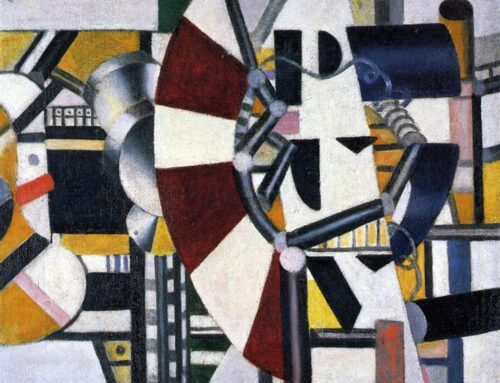Science and (the absence of) happiness: to what degree do science and technology condition our sense of happiness?
During the last few generations humankind has made an extraordinary advance in the natural sciences and in their technological application and has established humanity’s control over nature in a way never before imagined…. People are proud of these achievements, and have a right to be. But they seem to have observed that this newly-won power over space and time, this subjugation of the forces of nature, which is the fulfillment of a longing that goes back thousands of years, has not increased the amount of pleasurable satisfaction which they may expect from life and has not mind them feel happier. From the recognition of this fact we ought to be content to conclude that power over nature is not the only precondition of human happiness, just as it not the only goal of cultural endeavor….
These things that, by its science and technology, humanity has brought about on this earth, on which it first appeared as a feeble animal organism and on which each individual of the species must once more make its entry (‘oh inch of nature!0 as a helpless suckling — these things do not only sound like a fairly tale, they are an actual fulfillment of every — or almost every — fairy-tale wish…. Humanity has, as it were, become a kind of prosthetic God. When it puts on all its auxiliary organs it is truly magnificent; but those organs have not grown on to it and they still give it much trouble at times…. [W]e will not forget that present-day humanity does not feel happy in its Godlike character.
Sigmund Freud, Civilization and its Discontents (1930), trans. J. Strachey (revised)






Leave A Comment